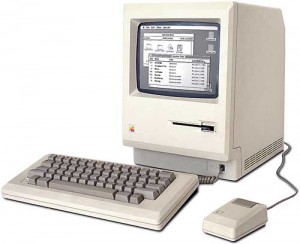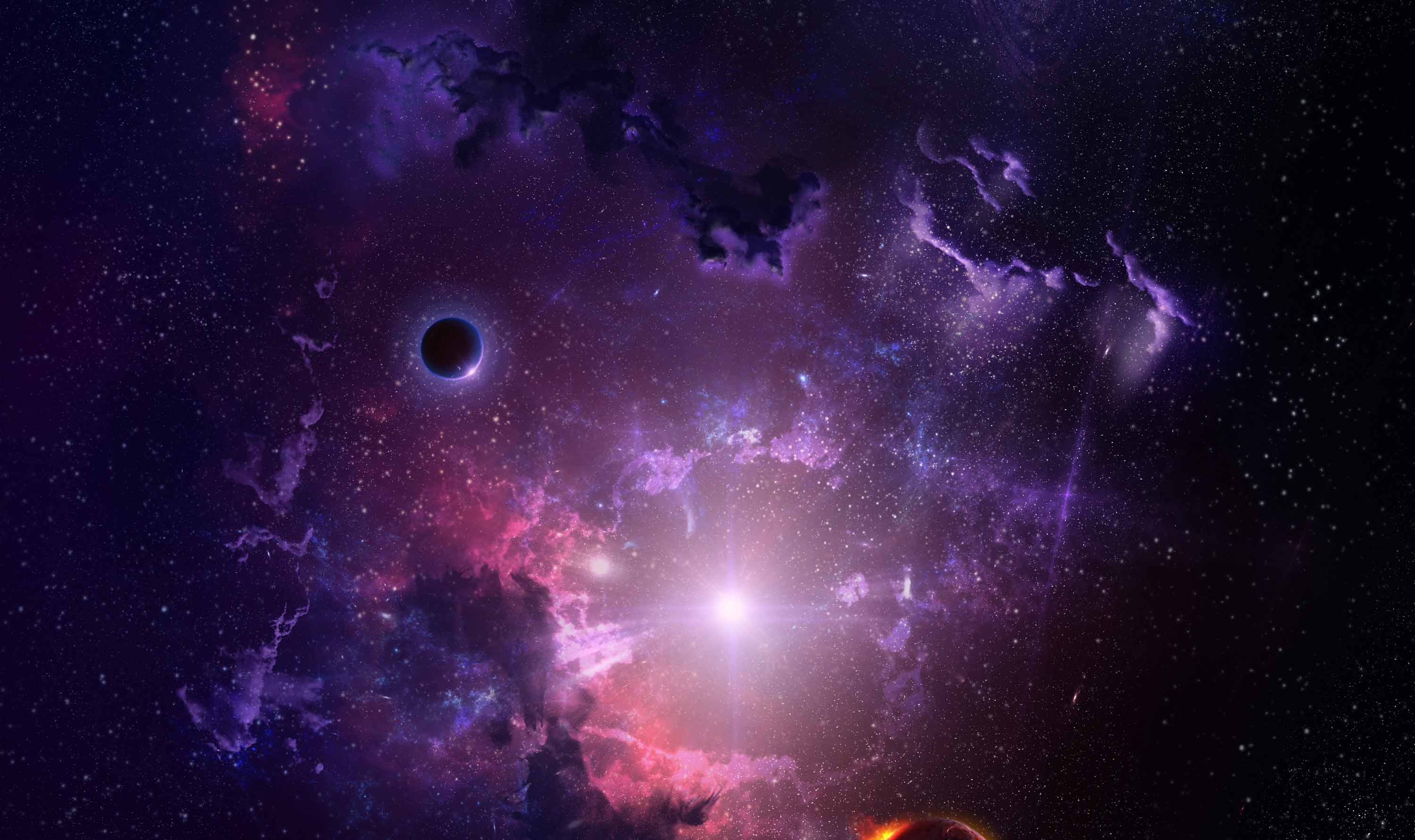
The personal computer was a major victory for humanity. The power of the computer finally within reach of the everyman unlocked vast potential, inspired millions, and pushed the human race forward.
We learned about software, instructions we give the computer, and data, information we put into the computer like files into a file cabinet. We worked, played, and taught differently. New markets and new opportunities were born.
Then we discovered how to network personal computers. Communication across old geographic and temporal barriers became easy. We started to work, play, and dream together at massive scale. We rejoiced in the promise of a united global community.

 Today we own devices, not personal computers, that are interchangeable and disposable. They're fashionable and functional. They fit in our pockets and connect to much larger computers around the world, called servers.
Today we own devices, not personal computers, that are interchangeable and disposable. They're fashionable and functional. They fit in our pockets and connect to much larger computers around the world, called servers. We're fast approaching the age when computers will be embedded in everything, e.g. clothes, appliances, consumables, etc. These micro computers will talk to each other and the broader world, telling stories of our actions, reactions, emotions, and thought patterns.
We're fast approaching the age when computers will be embedded in everything, e.g. clothes, appliances, consumables, etc. These micro computers will talk to each other and the broader world, telling stories of our actions, reactions, emotions, and thought patterns.




